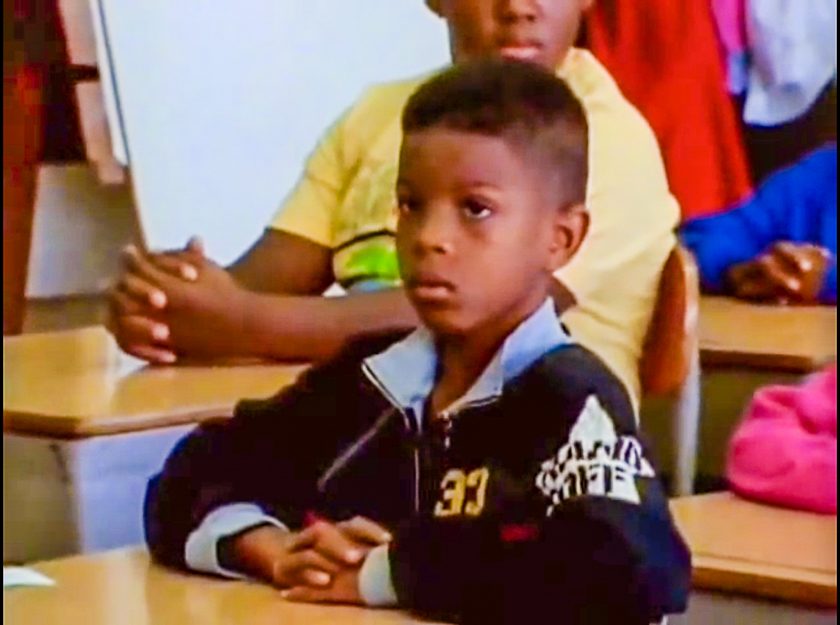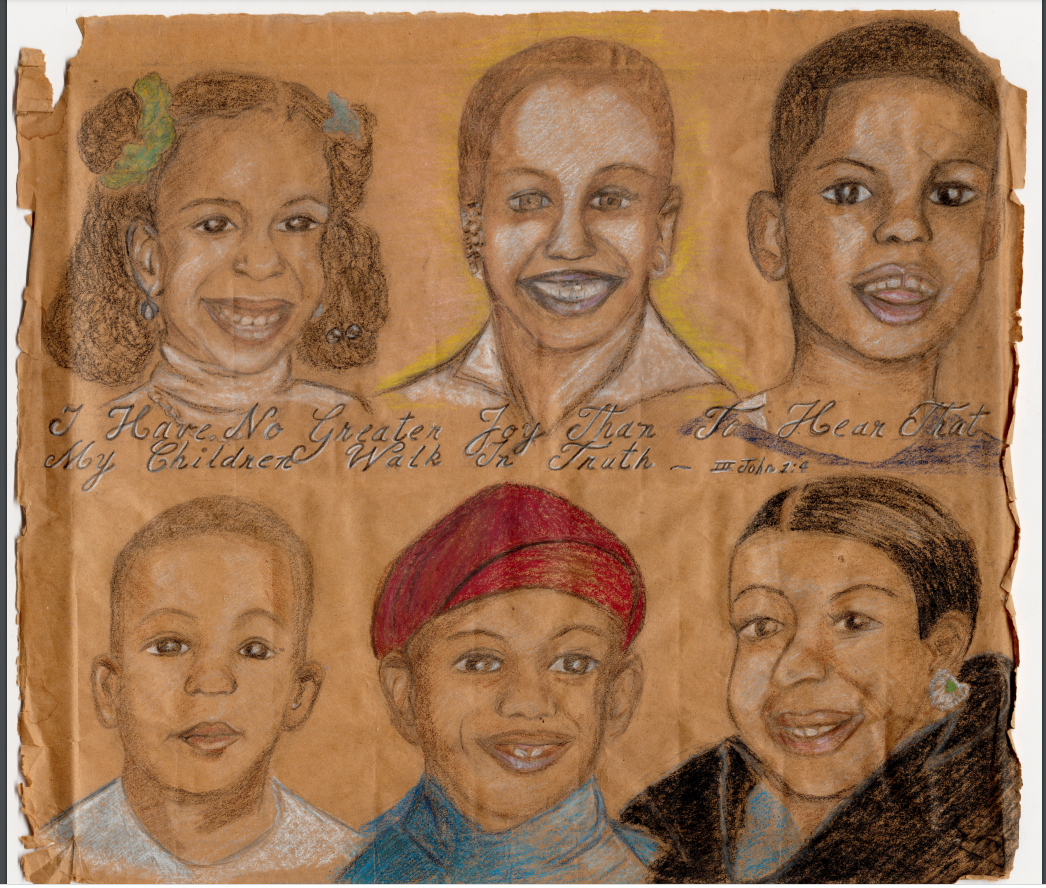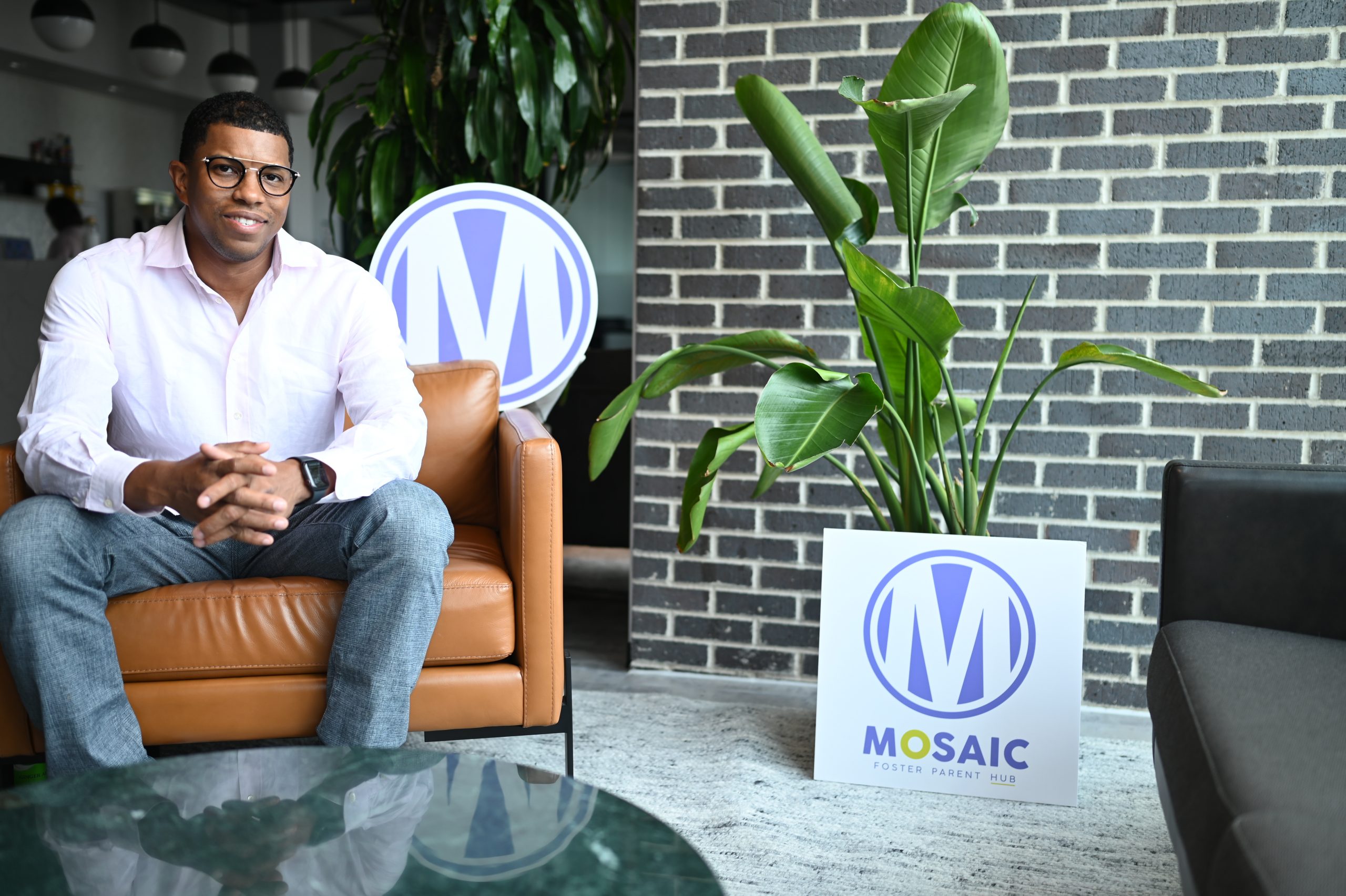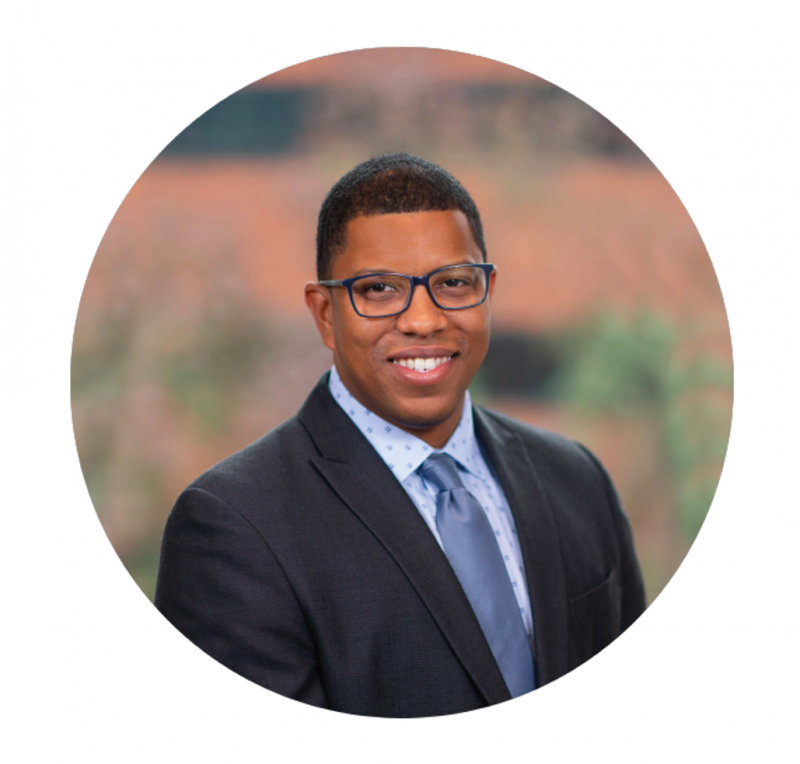As I walked, I paid careful attention to every detail the way an army drill sergeant would when inspecting the uniforms of new soldiers. With a calm, tough demeanor, I took in the cars racing like rockets down narrow streets of playing children, the loud voices on the brink of a nervous breakdown, the anxiety in the air. I noticed the decades old cracks in the sidewalks, abandoned cars, and unboarded, dilapidated houses being used as homes and hideouts, the vacant lots. Every imperfection caught my attention, the drugs, violence; the eyes of men and women trying their best to make ends meet but still struggling to survive. The police were always around but nobody felt safe. I was just a kid, but I knew something was wrong. This was the kingdom that I inherited and from an early age I knew that it would be my responsibility to help improve these conditions someday. There was no coronation ceremony unless you count getting shot in the head with a BB gun when I was 9, or witnessing a grown man being thrown down a flight of stairs when I was 10. Nah, I didn’t need to be ordained. It was already in my heart to serve my community and from my perspective something had to change.
Apart from being the City of Brotherly Love, Philly is also the City of Murals. A mural of King Shaka Zulu presided over my North Philadelphia elementary school. In my mind I was his crown prince and I took membership on his court to heart. I regularly surveyed our kingdom, sidewalk cracks and all. But it did not take long for me to discern that King Zulu’s glorious reign did not include my neighborhood. Beat-down row homes, cars, and streets. My community and I were on our own, and help was not on its way.
Many have argued that being poor is a crime in the United States. I can testify that it definitely felt like it. My family, friends, and I were all treated like criminals in our own community. At the corner store if we did not have the 35 cents needed to complete a purchase. At our underfunded schools where we received increased police presence instead of quality education. At home where instead of getting the childcare or mental health assistance my mother needed, my siblings and I were taken from her and she was labelled “unfit” by the Department of Human Services. Instead of trying to understand how to really help my community, department staff judged and punished us.
Despite my fantasies, North Philadelphia was not a kingdom. It was a severely under-resourced, and neglected community and all of us knew it. Being poor does not need to be a crime or a life sentence, nor does it need to lead to failure. The same people don’t have to suffer all of the time, and I have watched poor people suffer for too long. This awareness has been the driving force behind many of my decisions academically and professionally. The questions that have guided me: What is my vision for the future? How can I be the change? How do I change myself to positively impact society?
To answer these big questions, and fully understand my role as a problem solver, I had to first recognize how the painful memories of my childhood truly affected me. The fact is they drained me and negatively affected my mental and physical health. But when I channeled my experiences for good, the impact often amazed me. I felt better and I would often excel from the positive energy I created within myself. I also found that the better I did, the better people around me did. This realization inspired me to do more. If I had the power to turn my story around and actualize my dreams, that meant so did others in my community, and in communities like mine.
I learned to manifest positive outcomes in my life by creating a vision for my future and applying myself in education, hard work, and service to fulfill that vision. I soon realized that in a short period of time you can make a dramatic impact on your life and the lives of others. Servant leadership and a commitment to public stewardship have been my driving forces ever since. With my undergraduate degree in hand, I ran for public office, volunteered, and worked in my community to empower and uplift. I eventually achieved as much as I could with my undergraduate education and I decided to pursue an advanced degree with a focus on developing stronger problem-solving skills. I earned my MBA in 2015 and today I’m using those skills to bring innovation into the child welfare space, a space I once inhabited as a foster youth, and where 437,283 children are in foster care nationally.
Today my mission is to work with others to bring world-class innovation and ingenuity into the child welfare ecosystem. I am currently working on using the private sector’s innovative technologies to eliminate the time foster parents waste searching for education and support resources. Innovative technologies such as apps, web portals, and virtual reality can help improve access to foster parenting information and better support diversity, equity, and inclusion for new and existing foster parents.
I am looking to make big impacts.
And I am looking for partnerships.
I hope you will join me on this journey to make life better for children, families, and their communities.




